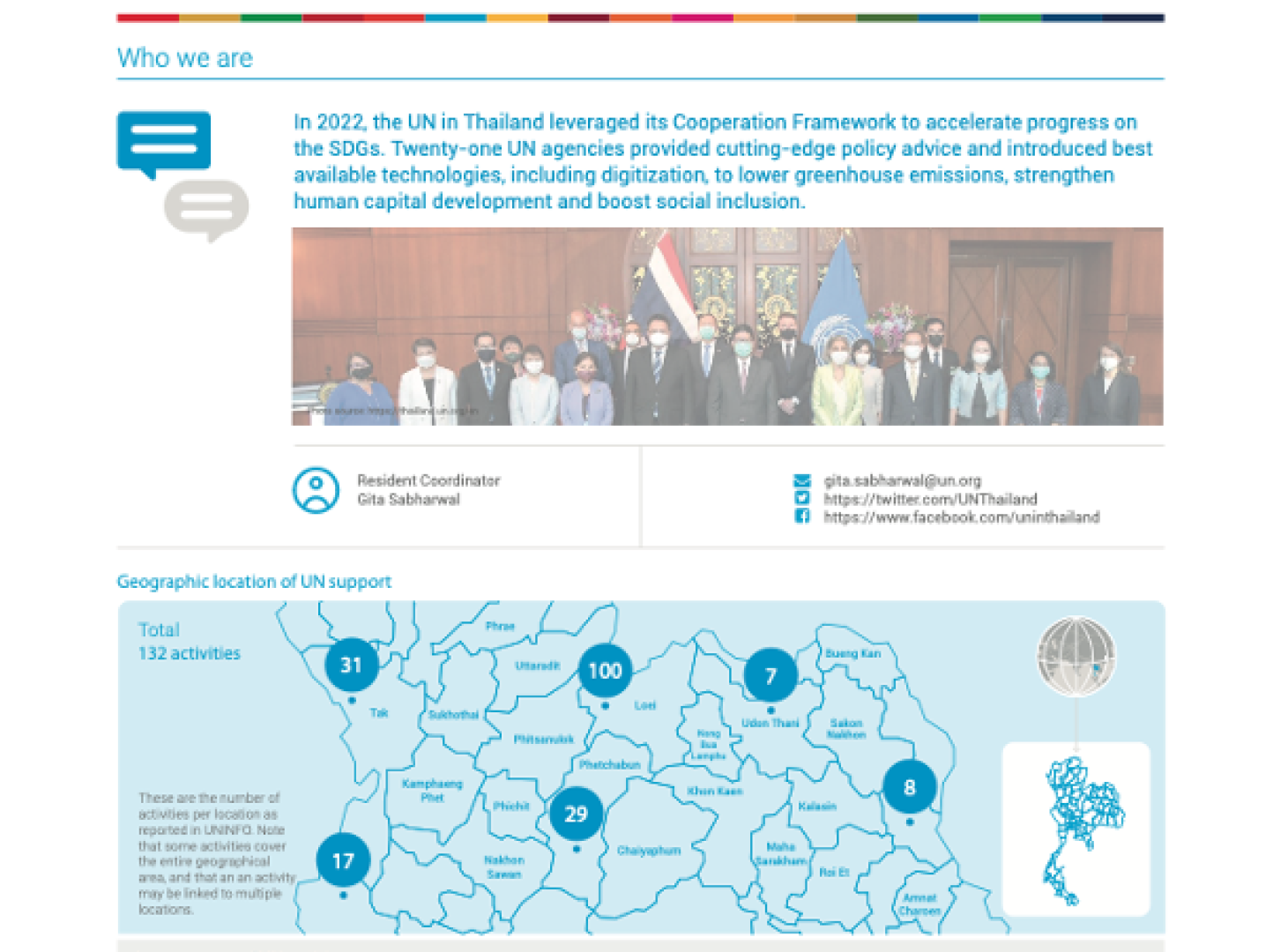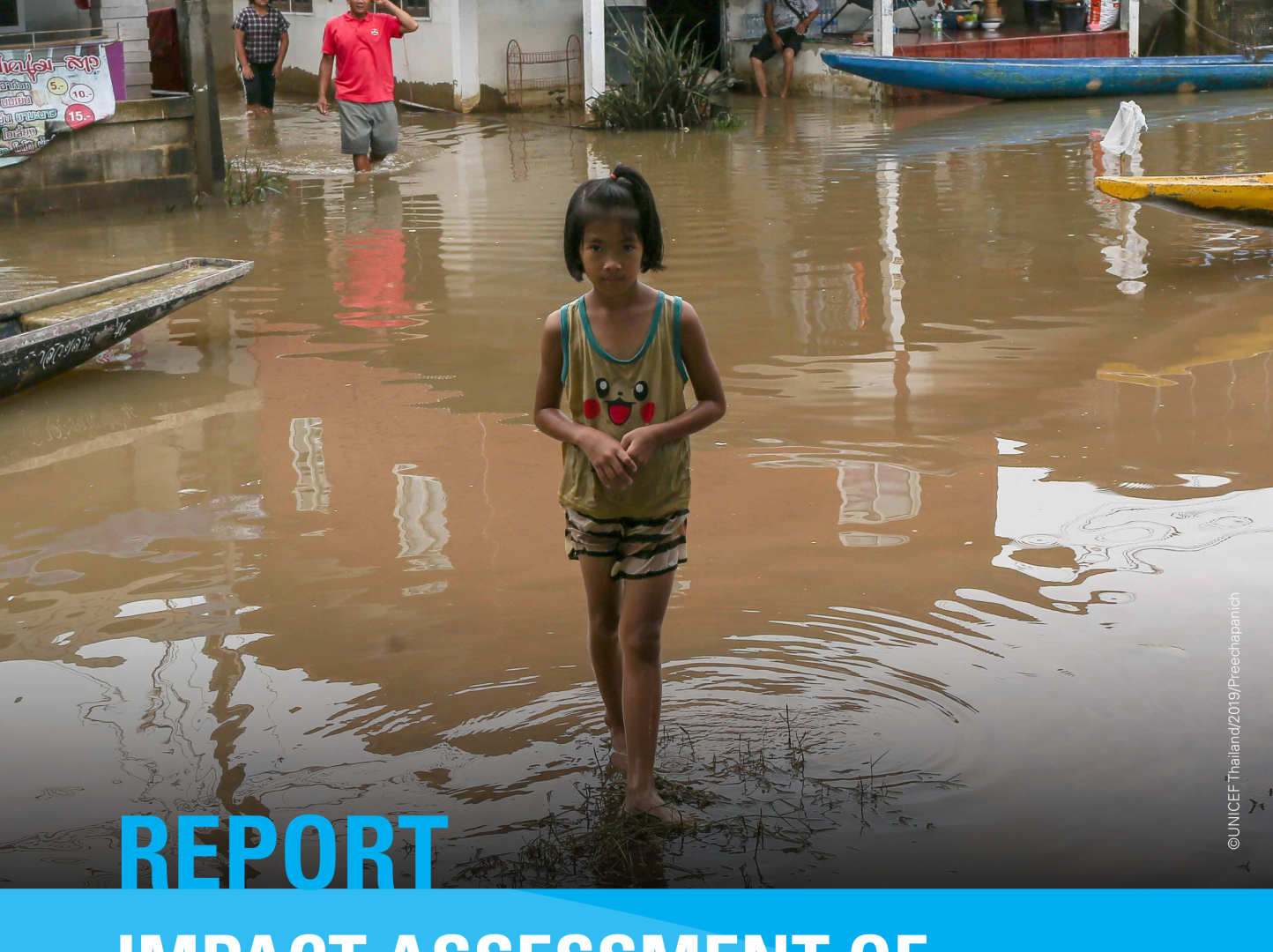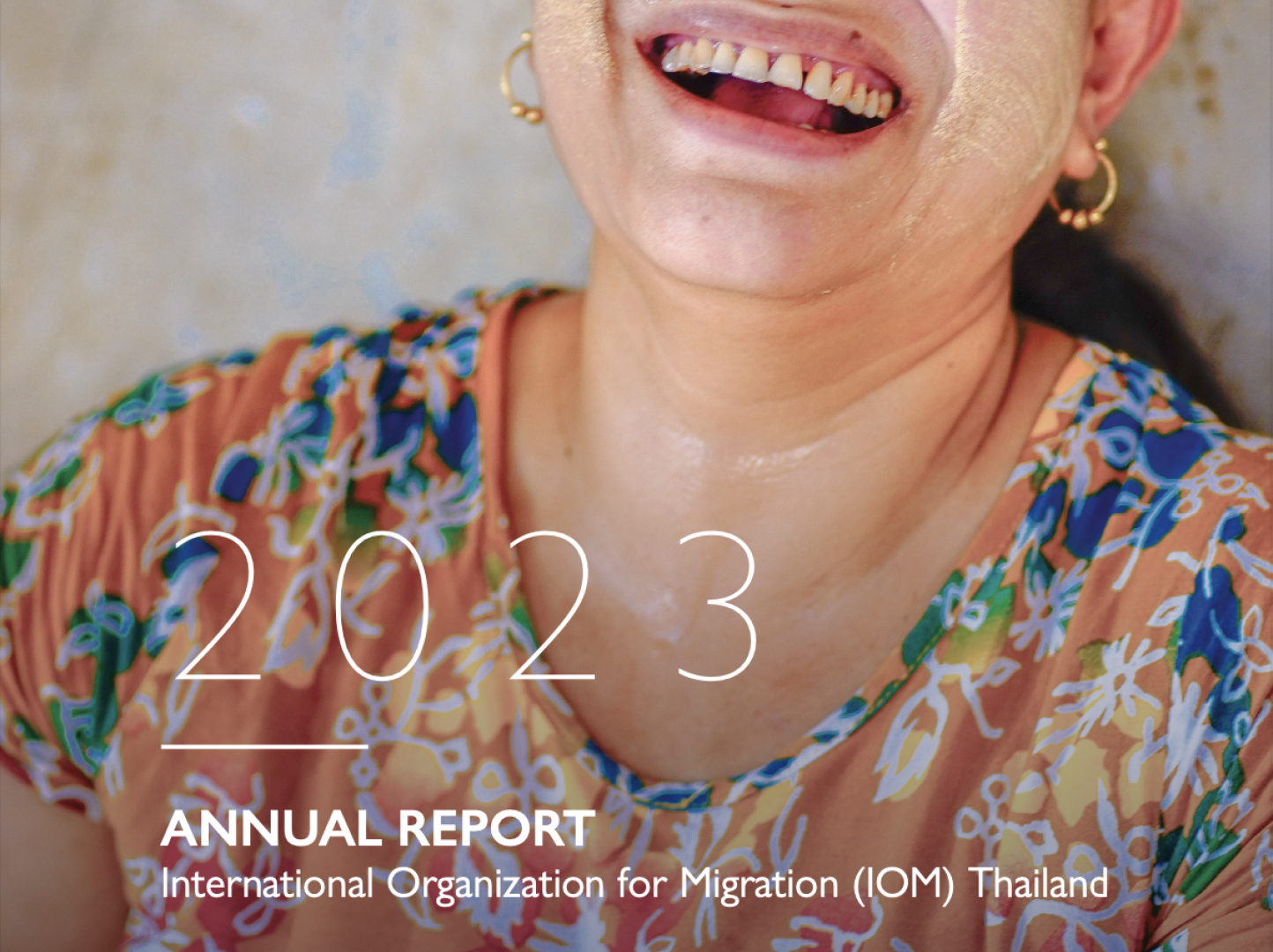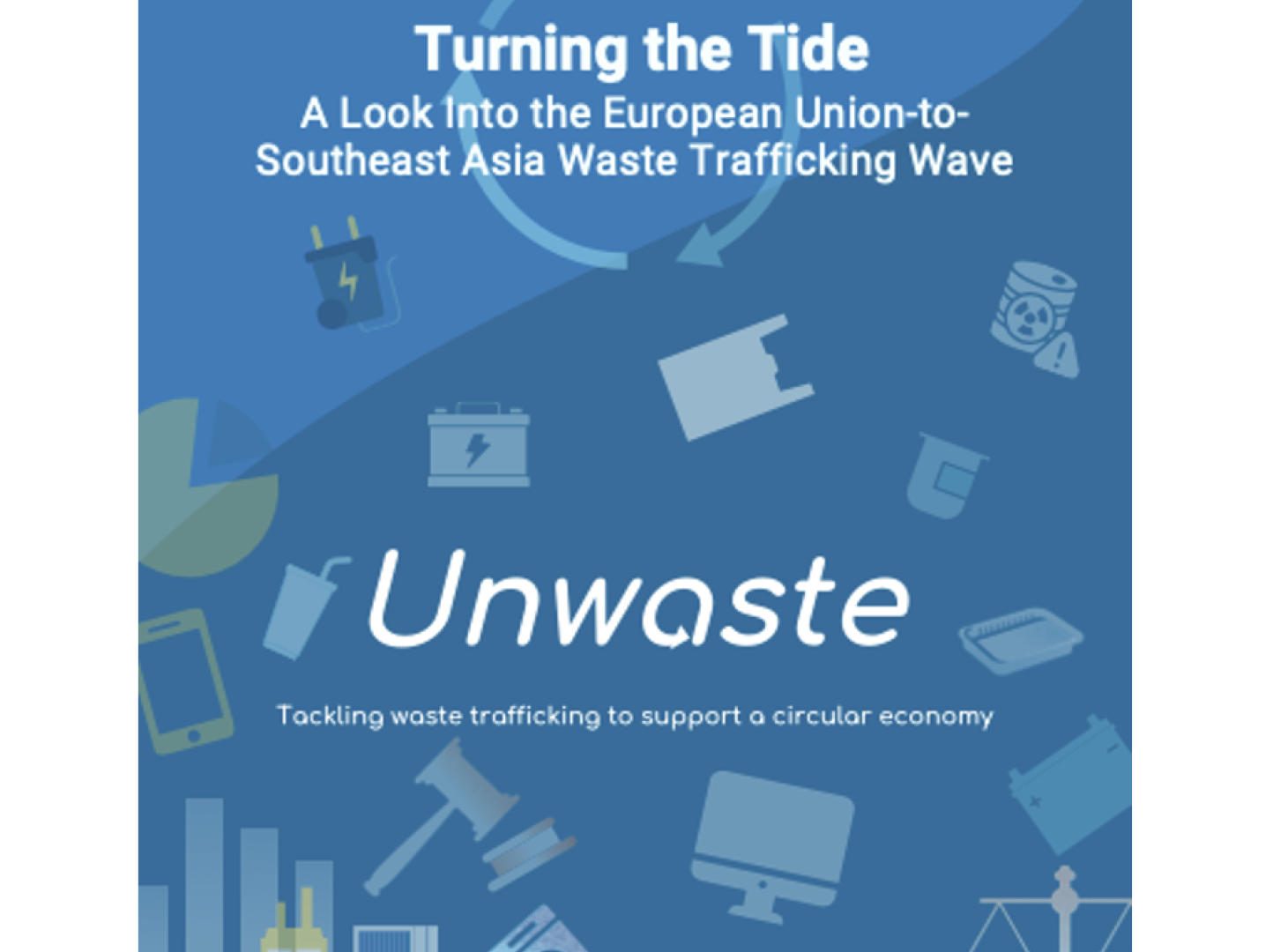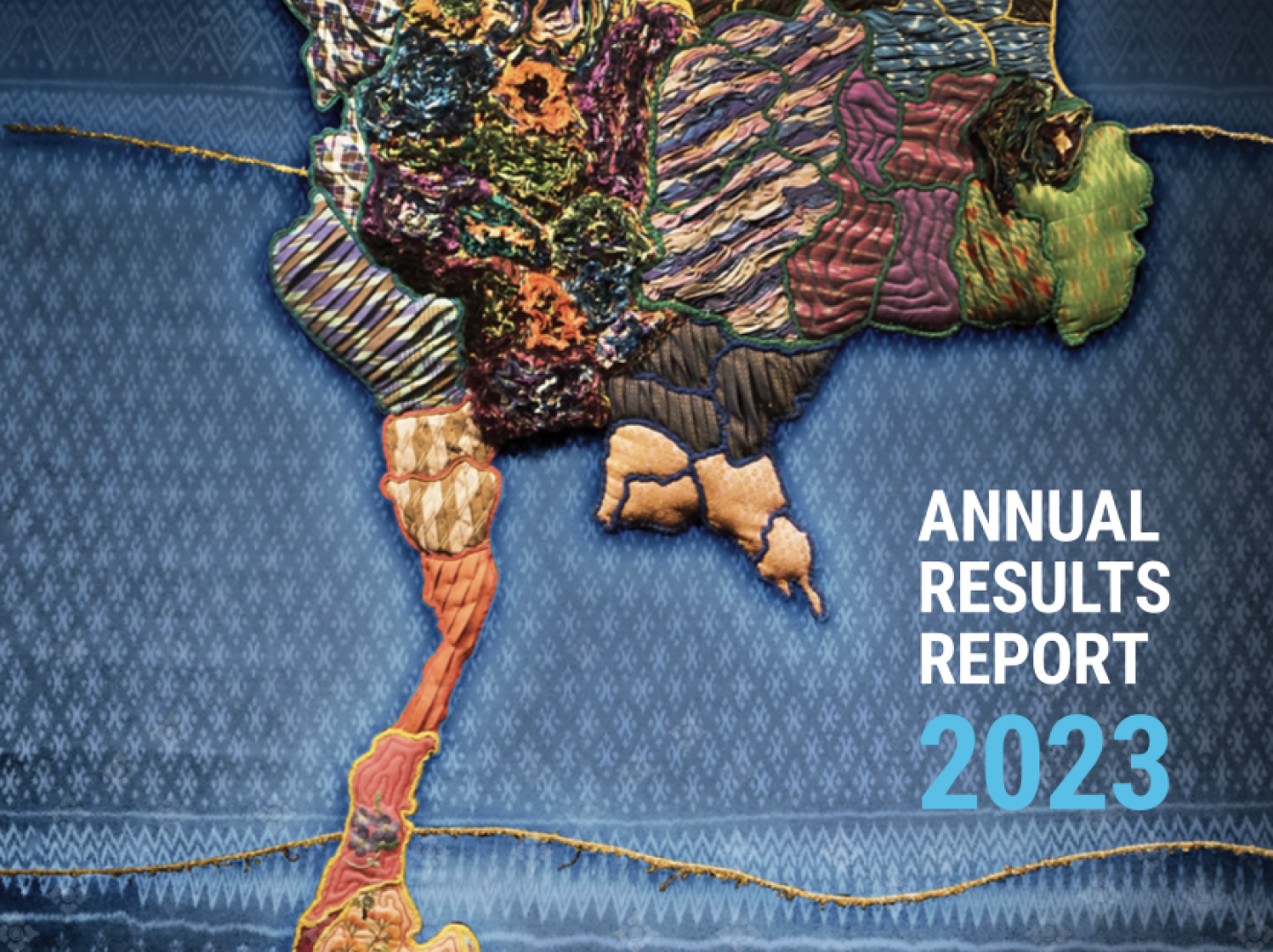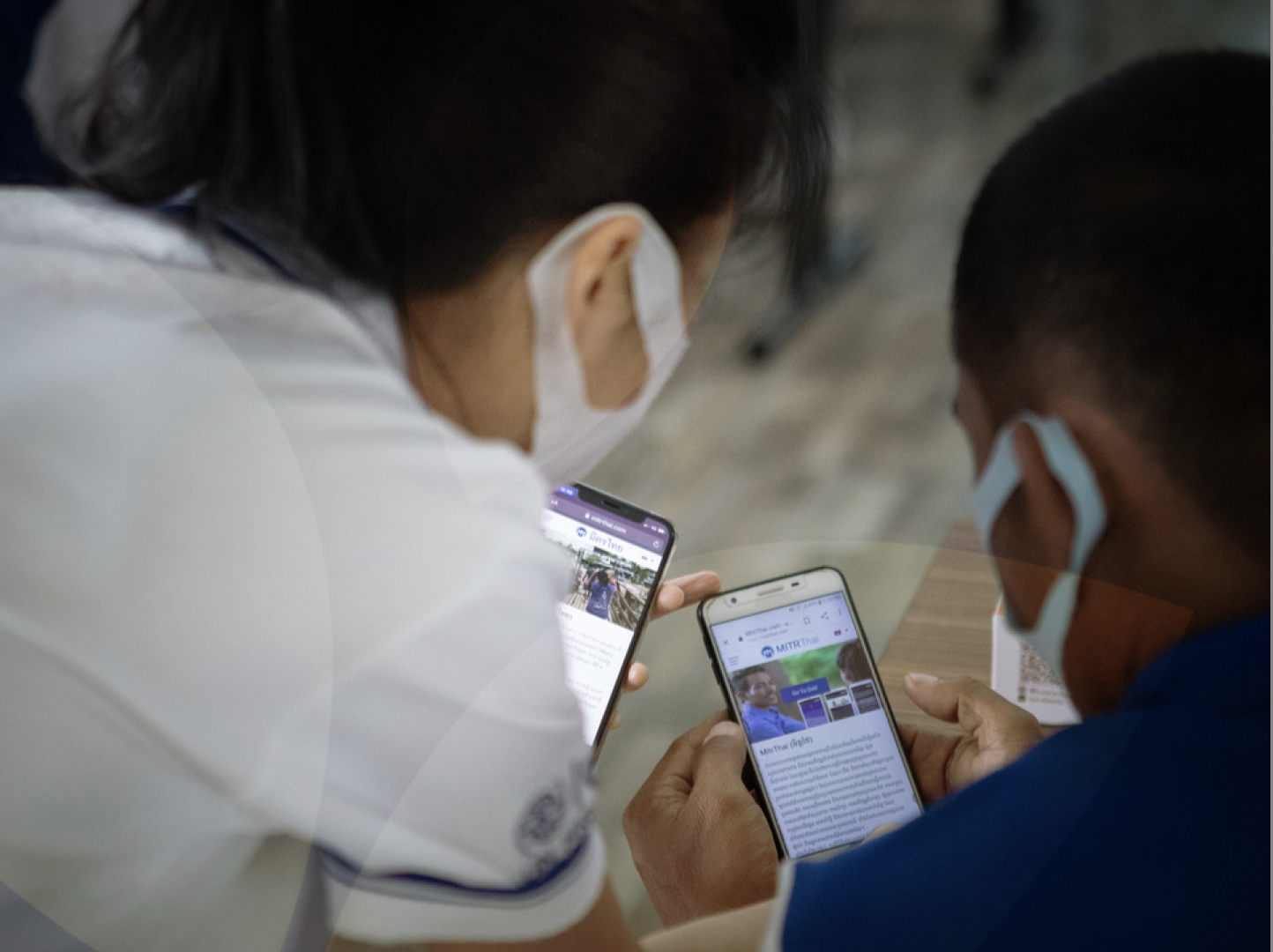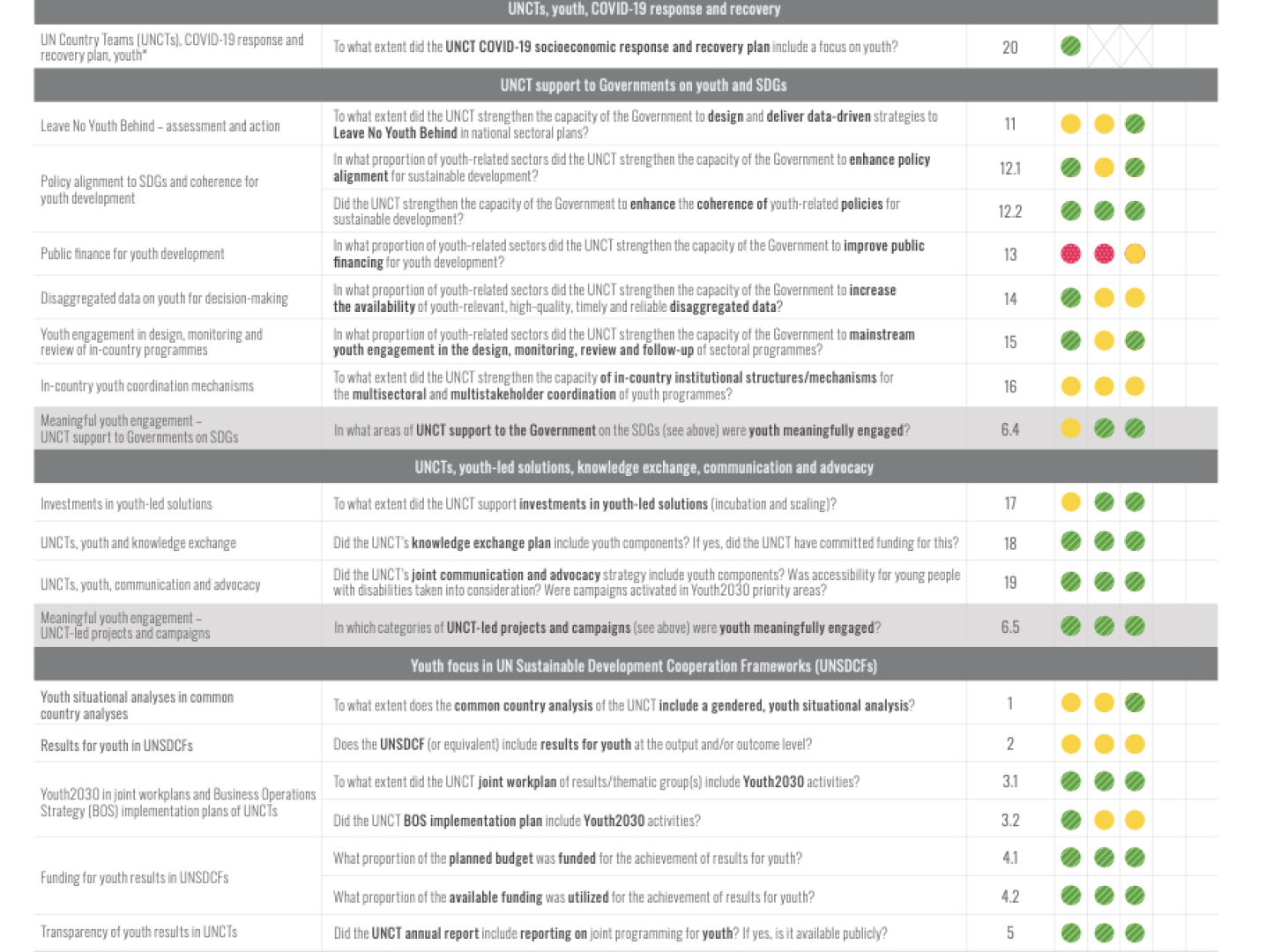Latest
18 July 2025
Nelson Mandela International Day — UN Secretary-General's Message (18 July 2025)
26 June 2025
#WhenWomenLead – A woman’s determination leads to healthy, low-carb and high-protein Tasted Better flour
26 June 2025
#WhenWomenLead – A family heeds customers’ needs at S&N Food and Beverage Group
Latest
The Sustainable Development Goals in Thailand

By leveraging Mahidol University’s academic expertise and the ILO’s policy leadership, this partnership will play a pivotal role in addressing social protection gaps and promoting sustainable health financing solutions. The MoU outlines key areas of collaboration, including the ongoing support to CONNECT, a regional network for Social Health Protection and the further development of the Master of Primary Health Care Management (MPHM) course with a special track on social health protection.
The MoU facilitates South-South and Triangular Cooperation, encouraging knowledge-sharing and mutual learning among countries in the region, through the CONNECT network. Mahidol University and the ILO support the platform, through joint research projects, training programmes and policy dialogues, hence providing a space for countries to exchange best practices and innovative strategies for enhancing social protection systems. “Today, we are privileged to reaffirm our partnership with Mahidol University, a collaboration that exemplifies the power of academic partnerships in driving progress,” said Kaori Nakamura-Osaka, ILO Assistant Director-General and Regional Director for Asia and the Pacific. “This partnership underscores the importance of academic collaboration and long-term training to develop new generations of leaders in social health protection, who will promote international principles for inclusive social health protection systems.”
“The signing of the Memorandum of Understanding between the ILO and Mahidol University marks a pivotal moment in our partnership. It formalizes our shared commitment to enhancing capacity-building, research, and the exchange of knowledge for social health protection. This partnership is a testament to what we can achieve when we work together across sectors and disciplines,” said Prof Piyamitr Sritara, MD, FRCP, President of Mahidol University. The ASEAN Institute for Health Development (AIHD) at Mahidol University will serve as a key hub for the implementation of the MoU’s objectives. AIHD’s extensive expertise in global health and its interdisciplinary approach will facilitate collaboration among universities, governments, and organizations at national, regional and global levels.
CONNECT is a pioneering multi-stakeholder network of public institutions and non-for profit organizations in the Asia Pacific region, working together to bridge the gaps in social health protection. It was established in 2019 by the ILO, Mahidol University, and other partners including Thailand Health Insurance System Research Office, Viet Nam Health Strategy and Policy Institute, Korea Institute for Health And Social Affairs and Seoul National University.
The Master of Primary Health Care Management (MPHM) was launched in 2020 by AIHD with the support of ILO. It is an innovative 1-year Master’s Degree designed to enhance the capacity of social health protection practitioners in the region. To date 21 students from 7 countries have benefited from fellowship to the Master’s degree.
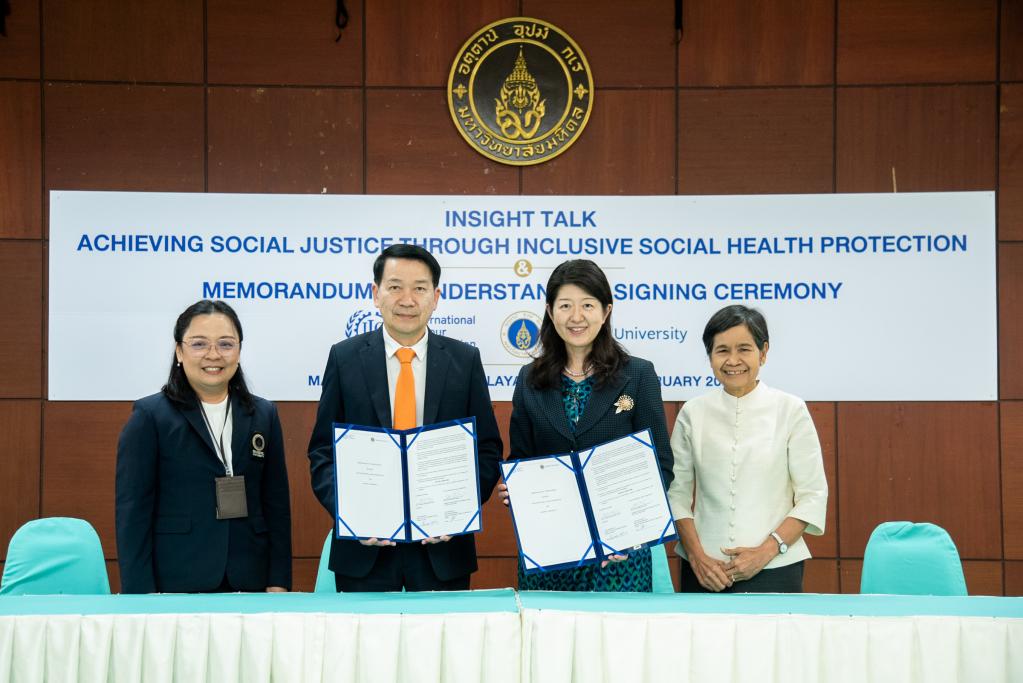
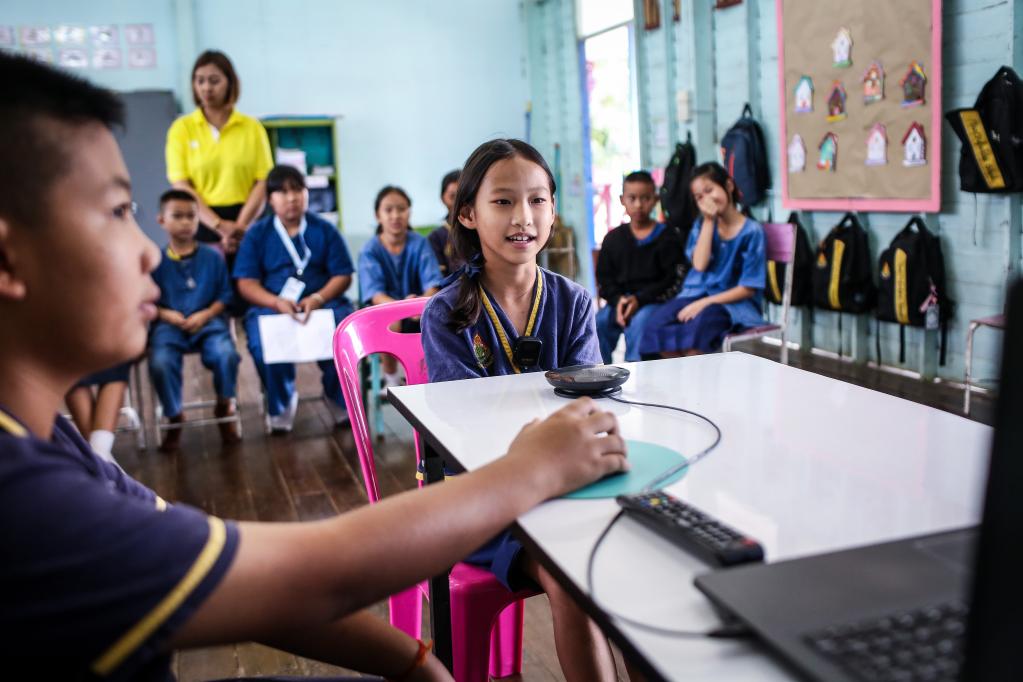
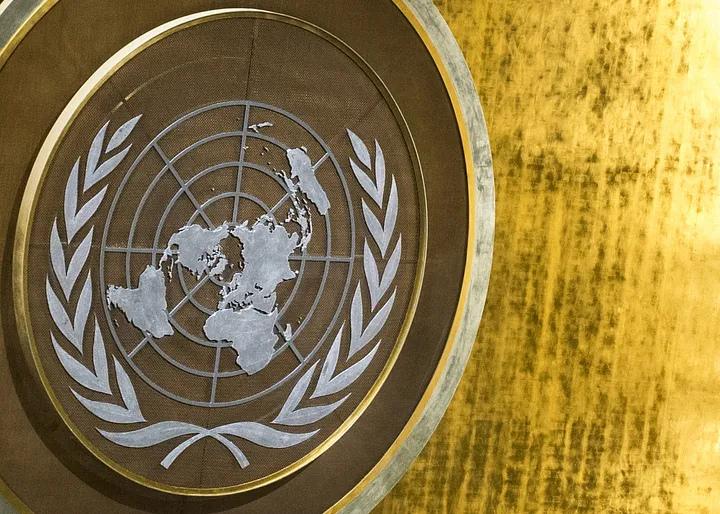
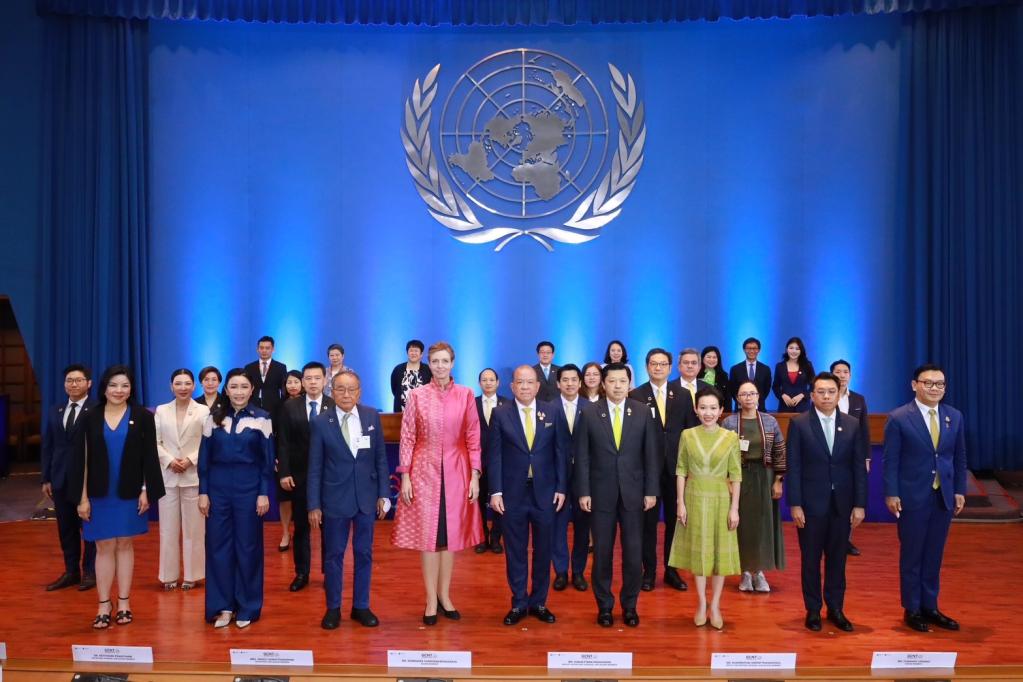





Where we work: The UN’s programmatic interventions
The UN is implementing 0 programmatic interventions during the ongoing programme cycle. The map below displays the number of programmatic interventions per location (note that a programmatic intervention may be linked to more than one location). Click on the number on the map to get a summary description of the programmatic interventions. Programmatic interventions may be linked to the national level or specific locations/sub-national level. Note that some interventions linked to specific locations might also have components at the national level, even if they are not categorized as country-level interventions. Click on “Show location details” in the bottom right corner to view a summary table with locations, the number of programmatic interventions, and the UN entities working in those locations. For definitions of programmatic interventions, please refer to the Glossary section.





















